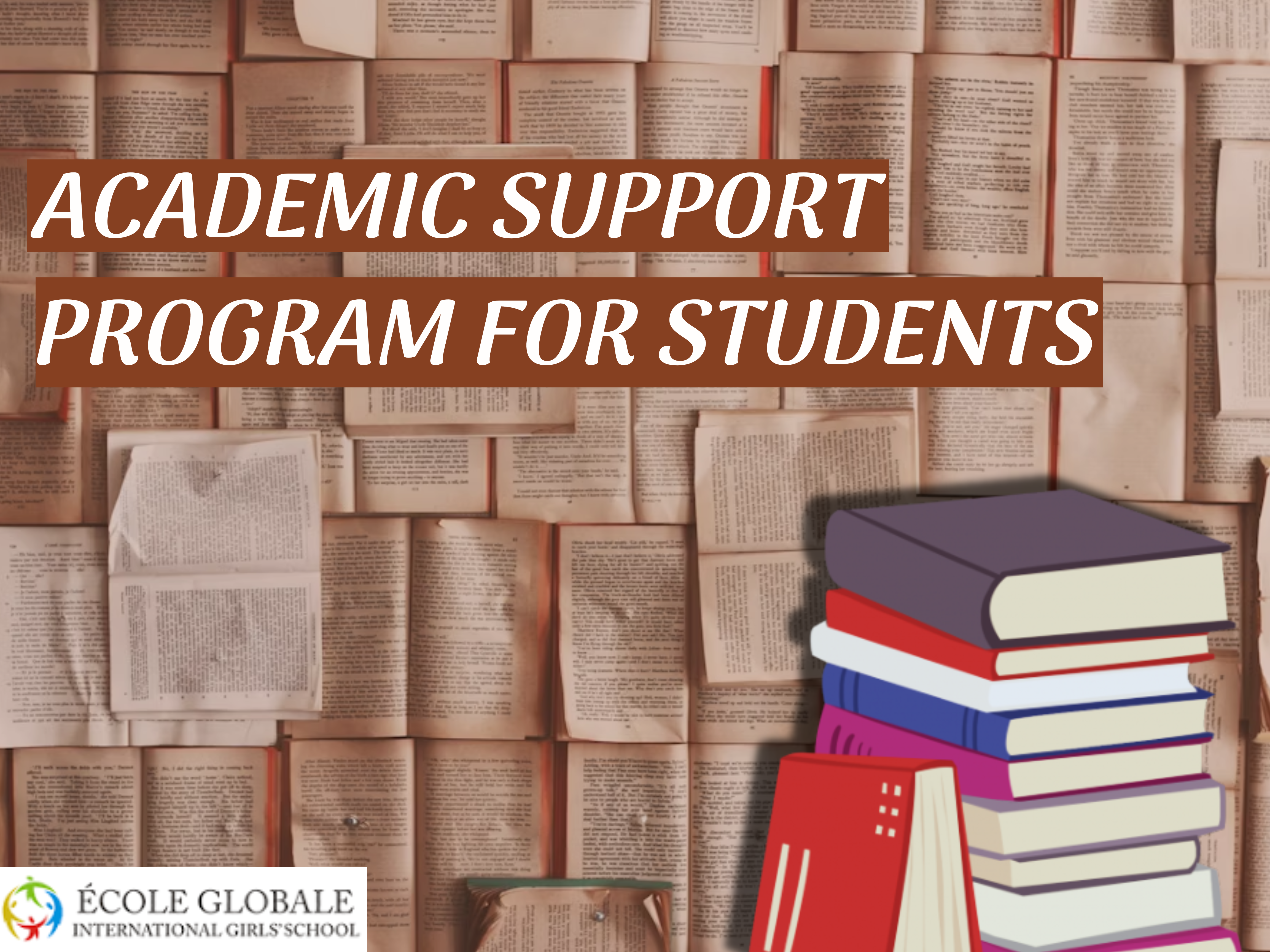Nestled in the serene foothills of the Himalayas, Dehradun has garnered a reputation as an educational hub, particularly renowned for its prestigious boarding schools in Dehradun.
In recent years, these institutions have witnessed a surge in demand from parents seeking holistic development and academic excellence for their children. Central to this pursuit is the recognition of diverse learning needs among students.
Understanding Diverse Learning Needs

Education is not a one-size-fits-all endeavor; rather, it is a dynamic process that must cater to the individual needs and abilities of each student.
In the context of Dehradun’s boarding schools, understanding diverse learning needs entails recognizing the unique strengths, challenges, and preferences that characterize students’ educational journeys.
Some students may excel in traditional classroom settings, thriving on structured instruction and conventional teaching methodologies.
Others, however, may require alternative approaches to learning due to factors such as learning disabilities, language barriers, or differing cognitive styles.
It is imperative for educators to embrace this diversity and adapt their pedagogical practices accordingly.
Importance of Academic Support Program

Amidst the rich tapestry of student diversity, academic support programs emerge as catalysts for inclusive education.
These programs are designed to provide targeted interventions and specialized assistance to students with diverse learning needs, ensuring equitable access to educational opportunities and fostering an environment where every student can thrive.
At the heart of academic support programs lie principles of equity, accessibility, and individualized instruction.
Rather than applying a one-size-fits-all approach, these programs recognize the unique needs of each student and tailor their interventions accordingly.
Whether through personalized learning plans, specialized instruction, assistive technology, or collaborative support networks, academic support programs empower students to overcome obstacles and achieve academic success.
Key Components of Academic Support Program

Personalized Learning Plans: Central to academic support programs is the development of personalized learning plans for students with diverse needs. These plans outline specific goals, accommodations, and strategies tailored to the individual requirements of each student, providing a roadmap for their academic journey.
Specialized Instruction: Highly trained educators play a pivotal role in delivering specialized instruction that caters to the diverse learning styles and abilities of students. Through evidence-based teaching strategies and differentiated instruction, educators ensure that every student receives the support they need to succeed.
Assistive Technology: The integration of assistive technology tools and resources is instrumental in enhancing access to curriculum materials and facilitating learning for students with disabilities. From text-to-speech software to interactive learning apps, assistive technology empowers students to engage with educational content in meaningful ways.
Multisensory Learning Approaches: Recognizing the importance of multisensory learning, academic support programs incorporate a variety of modalities, including visual, auditory, and kinesthetic techniques. By appealing to multiple senses, these approaches enhance comprehension, retention, and engagement among students.
Collaborative Support Networks: Collaboration among teachers, specialists, parents, and students forms the backbone of academic support programs. By fostering a supportive community dedicated to meeting the diverse needs of learners, these networks promote advocacy, empathy, and empowerment.
Challenges and Opportunities

While academic support programs in Dehradun’s boarding schools have made significant strides in addressing diverse learning needs, challenges persist.
Limited resources, teacher training, and parental awareness pose barriers to ensuring equitable access to quality education for all students.
However, these challenges also present opportunities for collaboration, innovation, and advocacy.
By leveraging partnerships with community organizations, investing in professional development for educators, and raising awareness among parents, stakeholders can work together to overcome these challenges and enhance the effectiveness of academic support programs.
Moreover, advances in technology offer unprecedented opportunities to develop innovative solutions that cater to diverse learning needs and promote inclusivity in education.
Expanding on Challenges and Opportunities
In addressing the challenges faced by academic support programs in Dehradun’s boarding schools, it is crucial to delve deeper into the specific obstacles that hinder their effectiveness.
Limited Resources: Many boarding schools, especially those catering to a diverse student population, face constraints in terms of financial resources, staffing, and infrastructure.
This limitation can impede the implementation of comprehensive academic support programs and hinder access to specialized services for students with diverse learning needs.
Opportunity: Collaboration with government agencies, non-profit organizations, and philanthropic initiatives can help alleviate resource constraints.
By pooling resources and expertise, schools can expand their capacity to provide academic support services and enhance the overall learning experience for students.
Teacher Training and Professional Development: Educators play a central role in delivering effective academic support to students with diverse learning needs.
However, many teachers may lack the specialized training and skills required to address the wide range of challenges presented by diverse learners.
Opportunity: Investing in teacher training and professional development programs focused on inclusive education and differentiated instruction can empower educators to better meet the needs of diverse learners.
Workshops, seminars, and mentorship programs can provide teachers with the knowledge, strategies, and confidence to create inclusive classrooms and deliver high-quality instruction to all students.
Parental Awareness and Engagement: Effective collaboration between schools and parents is essential for supporting students with diverse learning needs.
However, some parents may lack awareness of available support services, may hesitate to disclose their child’s needs, or may face barriers to actively participating in their child’s education.
Opportunity: Schools can take proactive steps to increase parental awareness and engagement by providing information sessions, workshops, and resources on topics such as understanding diverse learning needs, accessing support services, and advocating for their child’s educational rights.
Cultivating a partnership-oriented approach that values parental input and involvement can foster a supportive home-school connection that benefits students’ academic and social-emotional development.
Cultural and Linguistic Diversity: Dehradun’s boarding schools attract students from diverse cultural and linguistic backgrounds, presenting unique challenges in meeting the needs of English language learners (ELLs) and students from marginalized communities.
Opportunity: Embracing cultural diversity and linguistic richness can enrich the educational experience for all students.
Schools can implement culturally responsive teaching practices, provide language support services, and celebrate cultural diversity through curriculum integration, multicultural events, and inclusive learning materials.
By valuing and affirming students’ cultural identities, schools can create inclusive environments where every student feels respected, valued, and empowered to succeed.
Policy and Advocacy: Policy frameworks and legal mandates play a crucial role in shaping the provision of academic support services for students with diverse learning needs.
However, gaps in policy implementation, inadequate funding, and systemic barriers may hinder efforts to ensure equitable access to quality education for all students.
Opportunity: Advocacy efforts at the local, regional, and national levels can drive policy changes, secure funding allocations, and promote legislative reforms that prioritize inclusive education and support services for students with diverse learning needs.
By advocating for policies that advance equity, inclusion, and accessibility in education, stakeholders can create systemic changes that benefit students, families, and communities.
Conclusion
In navigating the complex landscape of academic support programs for students with diverse learning needs in Dehradun’s boarding schools, it is essential to recognize both the challenges and opportunities that shape their implementation and effectiveness.
By addressing resource constraints, enhancing teacher training, fostering parental engagement, embracing cultural diversity, and advocating for policy reforms, stakeholders can work together to create inclusive learning environments where every student has the opportunity to thrive.
As we look towards the future, let us remain committed to the principles of equity, accessibility, and individualized instruction, ensuring that academic support programs continue to evolve and adapt to meet the evolving needs of students.
Through collaboration, innovation, and advocacy, we can create educational environments where every student feels valued, supported, and empowered to reach their full potential, thereby fulfilling the promise of inclusive education in Dehradun’s boarding schools.









